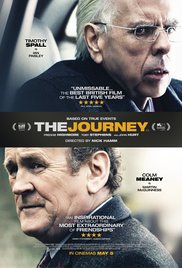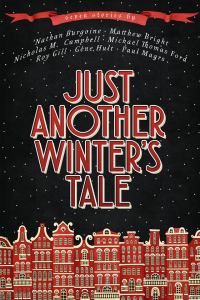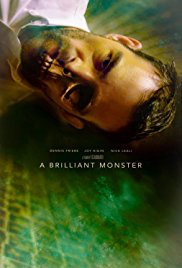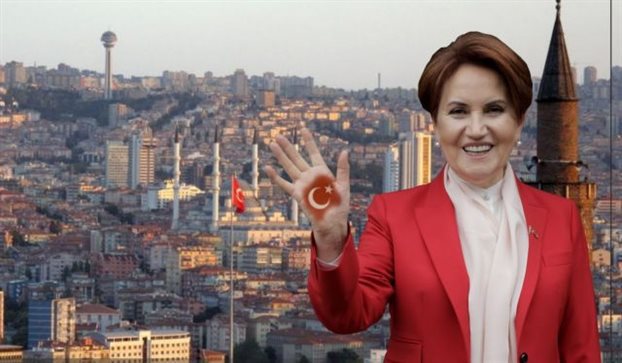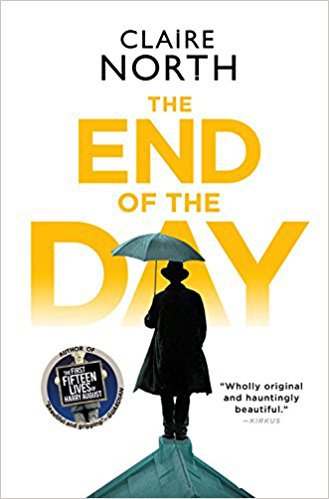
Being a series of short reviews of the Young Writer of the Year Award shortlisted titles. Spoilers ahead.
First of all: the protagonist of this book, Charlie, is the Harbinger of Death. This doesn’t mean he actually is Death; Death is something else, unknowable but instantly recognisable. Charlie, as the Harbinger of his boss, goes before. He’s a human. He gets the job in the regular way—application, interview—and, much of the time, deals with other humans who are admin and support staff in Death’s office (which, delightfully and inevitably, is located in Milton Keynes). His job is to visit people—”sometimes as a courtesy”, he says, “sometimes as a warning”—and to bring them things.
His appearance doesn’t always signal the end of a human life, though that often happens in conjunction; we first meet him, for instance, drinking whisky and listening to the stories of an old South American woman who is the last native speaker of her language. Later, he visits an elderly member of the Ku Klux Klan, and a woman who runs an annual debutante’s ball, and an openly lesbian stand-up comedian in Nigeria who escapes dying by the narrowest of margins; what dies instead is her conviction that she can live as her true self in the country of her birth.
There are interesting, intelligent ideas being thrown around here, and North executes them, for the most part, with panache. My problem with the book is its pathological unevenness of tone. Sometimes we feel as though we are reading a literary descendant of Good Omens (that Milton Keynes gag, for one thing; Charlie’s commentaries about his flights and hotel rooms, and his occasional meetings with his colleagues, the Harbingers of Pestilence, Famine and War). Other times, the book feels un-self-aware and portentous: “Charlie looked up through a veil of tears” (interesting, that homophone with “vale of tears”—I’m hoping it’s intentional—) “and at the far end of the field he beheld a pale figure leaning against a blasted tree, and it seemed to him that the land withered beneath his feet, and the sky blackened above his head, and his name was Death, and hell followed him.”
But it’s not clear what that portentousness is in service of. We’re threatened with the end of the world, but it might just be the end of a world, and we never know what that might consist of. For most of the book it seems as though the climax is going to take the form of Charlie burning out, overwhelmed by the job. It’s difficult to feel too bad for Charlie, though, mostly because he’s a completely blank slate. Perhaps that’s the point—we’re meant to be able to see ourselves in him, because North hammers home the fact of his humanity again and again over the book’s 400 pages—but it results in dialogue that veers from the diffuse (Charlie’s speech is marked by a lot of ellipses) to the gnomicly clichéd (“To see life, to honour life, you must know that one day it will end”). That, in turn, means we have virtually no idea of what Charlie is like; his responses to his job are too generic to glean any sense of character from them, and the rest of the information we receive on him is equally hard to add up to a real person. We never hear whether he has parents, for instance, or even really friends.
The End of the Day is, for all that, affecting. North intersperses her chapters of action with chapters of pure dialogue, giving the impression of a crowded, chatty bus or train or restaurant. Those interrupted, overheard conversations, simultaneously absurd and poignant, are there to show the reader what the human condition really is: short-sighted, short-memoried, primarily interested in what’s for dinner, and yet still capable of surprising charm and appeal. It’s a book about living and dying; North wants us to know that the very banality of living doesn’t make it any less serious an undertaking. At the same time, the book’s many little vignettes make it hard to get a grip on the point of the whole thing: where the plot is going and why it might be going there, and by extension, what North wants to say about life and death, and why. There is, after all, very little original left to say about either of those states. It’s a diverting and sometimes disturbing read, but one that could be more coherent.
The Young Writer of the Year Award winner is announced on 7 December. For more commentary, see the rest of the Shadow Panel: Rebecca, Clare, Dane and Annabel. The End of the Day is published by Orbit, and is available in paperback.
Advertisements Share this: